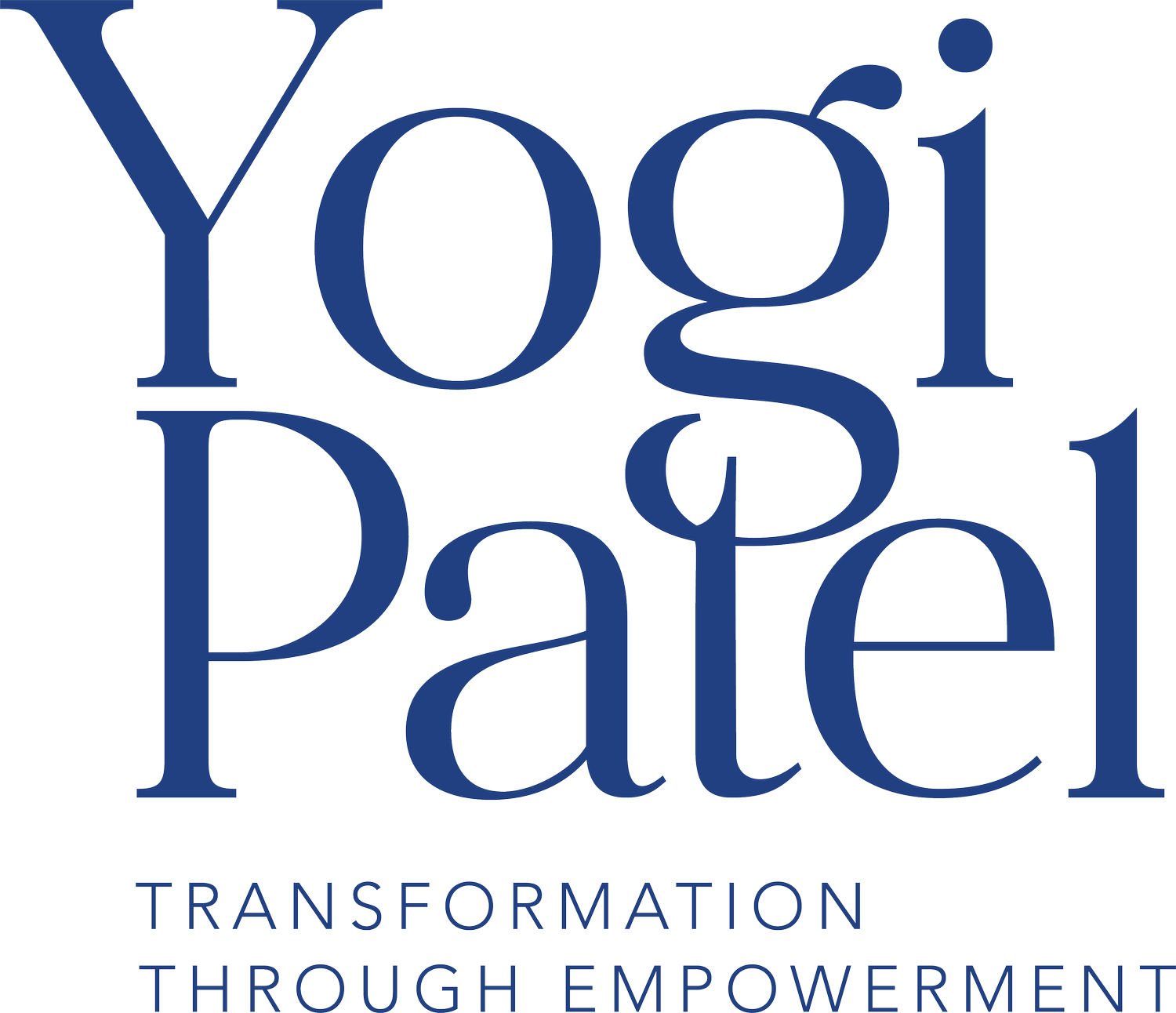Montessori Planes of Development (Birth to 85+ Years)
1. Birth to 6 Years: The Absorbent Mind
• Ages: 0-6 years
• Key Characteristics:
• Rapid brain development and sensory exploration.
• Natural curiosity and ability to absorb information from the environment.
• Development of basic motor skills, language, and social interactions.
• Developmental Focus:
• Creating a rich, stimulating environment.
• Encouraging exploration and hands-on learning.
• Establishing secure attachments and emotional safety.
2. 6 to 12 Years: The Conscious Mind
• Ages: 6-12 years
• Key Characteristics:
• Development of reasoning and logical thinking.
• Increasing social awareness and desire for collaboration.
• Exploration of individual interests and personal identity.
• Developmental Focus:
• Encouraging independent learning and critical thinking.
• Fostering social skills and cooperation among peers.
• Providing opportunities for creative expression and exploration.
3. 12 to 18 Years: The Social Consciousness
• Ages: 12-18 years
• Key Characteristics:
• Formation of personal values and belief systems.
• Exploration of identity and independence from parents.
• Heightened awareness of societal issues and relationships.
• Developmental Focus:
• Supporting self-discovery and self-advocacy.
• Encouraging participation in community service and social causes.
• Providing mentorship and guidance through challenges.
4. 18 to 24 Years: Transition to Adulthood
• Ages: 18-24 years
• Key Characteristics:
• Exploration of personal and professional paths.
• Increased focus on relationships, responsibilities, and future planning.
• Developing a sense of belonging and contribution to society.
• Developmental Focus:
• Supporting transitions to higher education, employment, or other adult roles.
• Encouraging independence and decision-making skills.
• Providing mentorship and networking opportunities.
5. 25 to 40 Years: Early Adulthood
• Ages: 25-40 years
• Key Characteristics:
• Establishing careers and personal relationships (e.g., partnerships, parenting).
• Pursuing personal goals and self-fulfillment.
• Balancing work-life commitments and family responsibilities.
• Developmental Focus:
• Supporting career development and work-life balance.
• Encouraging personal growth and continuing education.
• Fostering healthy relationships and community involvement.
6. 41 to 60 Years: Midlife
• Ages: 41-60 years
• Key Characteristics:
• Reflection on life achievements and future goals.
• Navigating challenges related to aging, health, and family dynamics.
• Reevaluation of personal and professional priorities.
• Developmental Focus:
• Encouraging lifelong learning and adaptation to change.
• Supporting mental and physical well-being.
• Fostering relationships with family and community.
7. 61 to 80 Years: Late Adulthood
• Ages: 61-80 years
• Key Characteristics:
• Coping with retirement and changes in lifestyle.
• Reflecting on life experiences and legacy.
• Facing health-related challenges and maintaining independence.
• Developmental Focus:
• Supporting active aging and engagement in meaningful activities.
• Encouraging social connections and support systems.
• Fostering opportunities for mentoring younger generations.
8. 81 Years and Beyond: Advanced Age
• Ages: 81+ years
• Key Characteristics:
• Navigating the challenges of aging and potential health decline.
• Maintaining dignity and quality of life.
• Fostering connections with family and community.
• Developmental Focus:
• Supporting emotional well-being and mental health.
• Encouraging participation in social and community activities.
• Advocating for quality healthcare and support services.

